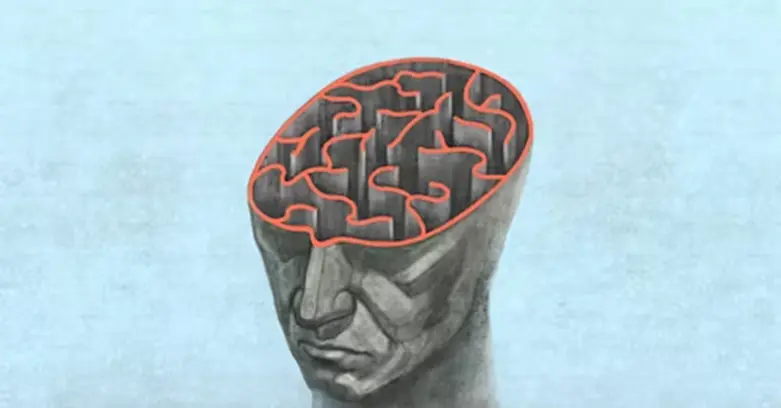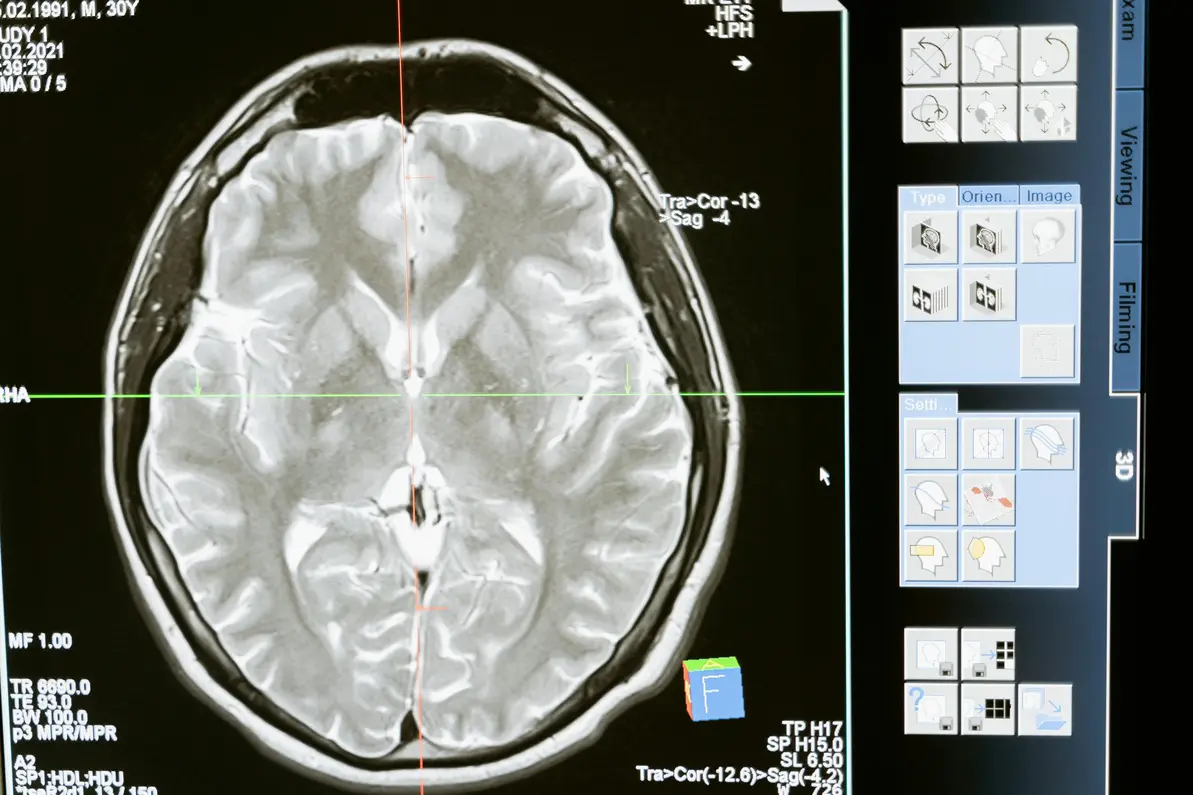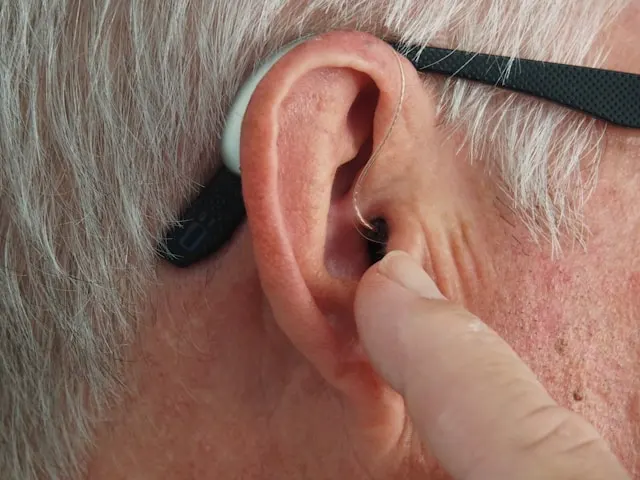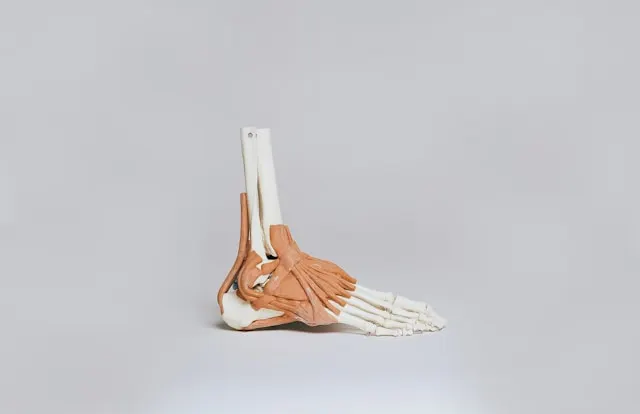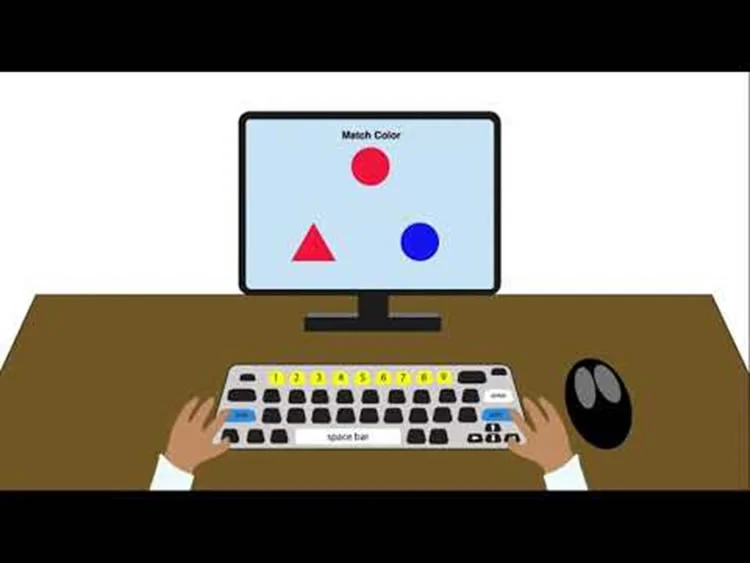Contrary to past theories, our modern understanding of the brain is that neurons can continue to grow throughout the entire lifespan. Unfortunately for many people, the modern lifestyle is leading to a decline in brain volume. As Dale Bredeson, M.D., creator of the ReCode Program, has demonstrated, cognitive decline can be reversed, however earlier treatment results in the best cognitive outcomes. So, the question is, “How do we define early treatment?”
Cognition can be assessed through validated standardized tests. There are many tests available. Patients experiencing cognitive decline may initially consult neurologists. Patients are then directed to take a battery of neuropsychological tests which may take an entire day to complete. These tests can be expensive, stressful, and exhausting.
Bredeson urges anyone over the age of forty to complete a cognoscopy, a series of cognitive tests that can help identify early or late-stage dementia. The first of these is the Montreal Cognitive Assessment, or MoCA test. This is an inexpensive paper and pencil test that can be administered in 10 to 15 minutes. It is standardized and validated but must be administered by a health professional that is certified in its administration.
The MoCA test is used as a baseline assessment to quantify cognitive function and is repeated at six-month intervals to measure treatment success. The MoCA is a one-page test that includes assessment of executive function, visuospatial abilities, naming, short term memory, attention, language, concentration, verbal abstraction, orientation, and working memory.
The maximum score is 30, which indicates that no errors were made. One point is added as a correction to the score for people with only a few years of education. A score of 21 or less indicates dementia. A score of 26 to 22 indicates mild cognitive decline. In a recent Townhall meeting with ReCode practitioners, Bredeson rued the term “mild cognitive decline.” His concern is that this term lulls people into complacency because it suggests very early brain changes. Bredeson states that “mild cognitive impairment” is analogous to saying, “mild metastatic breast cancer.”In reality, a person with a MoCA score of 26 to 22 has had ongoing brain pathology for the past ten or twelve years.
The MoCA test does not differentiate between types of dementia, but it is a good screening tool to identify mild cognitive decline. Clinical neurologists (Azarpazhooh, 2019) explain that the MoCA assesses executive function in sufficient detail to detect subtle cognitive impairment at early stages. Azarpazhooh also claims that executive dysfunction is the hallmark of vascular involvement. Keeping in mind that the MoCA is a screening tool and not a complete assessment, this test can be helpful in identifying referral to other more detailed testing.
According to Dementia Care Central, the MoCA test is more effective than other tests in identifying mild cognitive impairment. People who are in the early or mild stages of dementia might be able to score high enough on other tests including the Mini-Mental State Exam that the score would indicate no dementia is present. The MoCA is also better than the Mini-Mental State Exam at indicating if people with Parkinson’s disease are showing signs of Parkinson’s disease dementia.
The MoCA test is also used at six-month intervals to assess progress in people who are making lifestyle changes to improve their cognition. It is important to stress that MoCA score can improve.
If you would like to know your MoCA score, please make a clinic appointment.

